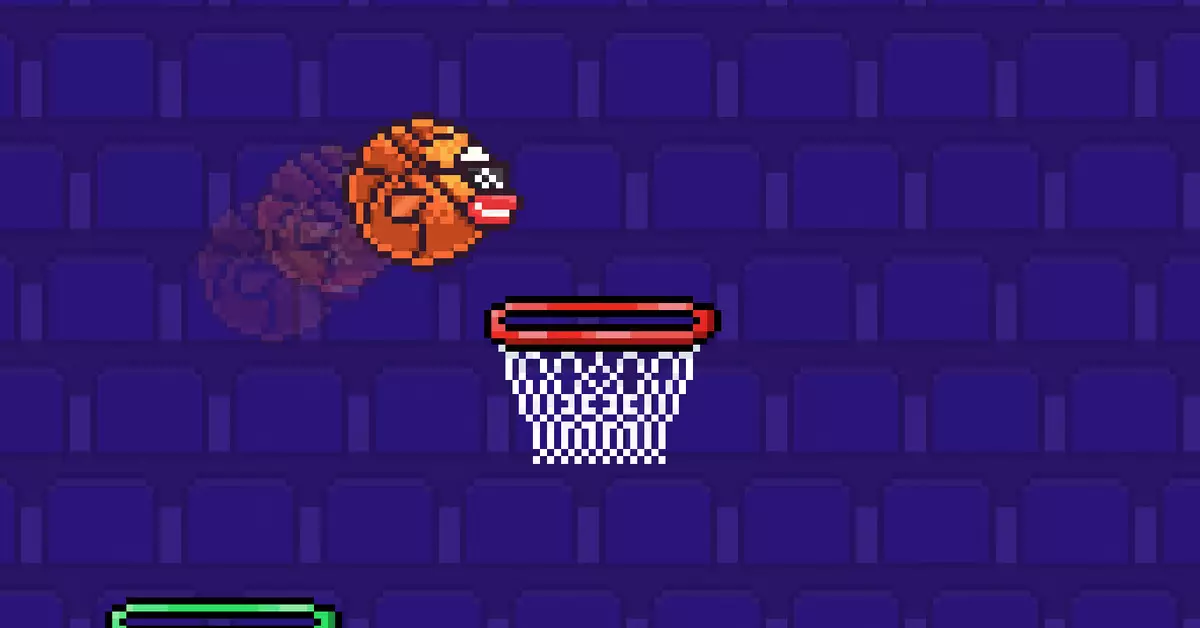In a surprising twist in the gaming world, the Flappy Bird Foundation recently declared the impending return of the iconic game that took the mobile gaming community by storm a decade ago. Through their announcement, the foundation positioned this revival as a nostalgic journey celebrating the game’s original glory. However, the title’s original creator, Dong Nguyen, has distanced himself from this initiative, casting a significant shadow over the foundation’s claims of a “comeback.” Nguyen’s public comments on X (formerly known as Twitter) have raised questions about the authenticity of this so-called revival, indicating that he has not sold any rights connected to the game.
The situation becomes further complicated when we consider the legal entanglements surrounding the Flappy Bird trademark. Gametech Holdings, LLC, which reportedly acquired the rights from Nguyen, is embroiled in its own controversy as they filed a claim against Nguyen’s trademark, which had already been deemed abandoned by the U.S. Patent and Trademark Office earlier this year. This legal backdrop suggests that the Flappy Bird Foundation’s promotion may not fully align with Nguyen’s original vision for the game. The absence of Nguyen’s involvement in this revival raises concerns about the ethical implications of capitalizing on the game’s legacy without the input of its creator.
The persistent reliance on nostalgia is apparent in the foundation’s marketing strategy for Flappy Bird. The initial trailer evokes memories of the game’s remarkable ascent and its abrupt disappearance from the app stores. By framing the game’s return as a triumphant revival, the Flappy Bird Foundation attempts to captivate both old fans and new players alike. However, this nostalgia can also be a double-edged sword. It raises the question of whether the new version, which now seems entangled with cryptocurrency elements, can genuinely capture the magic that made the original game so beloved. Many may feel skeptical about the foundation’s ability to replicate the game’s original charm when its very rebirth is steeped in controversy.
Another intriguing aspect of the Flappy Bird revival is its potential connection to cryptocurrency. Hidden pages on the Flappy Bird website hint at a Web 3.0 integration, promoting features such as staking and ownership through blockchain technology. While merging gaming with crypto can appeal to a modern audience and expand the game’s reach, it also risks alienating traditional fans who may not resonate with the current trend of blockchain gaming. This pivot could leave long-time players pondering whether the revival prioritizes profit from new technologies over the original gameplay experience beloved by millions.
As Flappy Bird prepares for its purported return on both iOS and Android platforms, the controversy surrounding its resurrection reveals deep-seated tensions between creators and new custodians of intellectual property. With the absence of its original creator and the legal labyrinth ahead, the future of the game remains uncertain. Fans and critics alike will be watching closely to see if this revival can soar beyond the shadows of its complicated history and reclaim the hearts of those who once cherished its simple, addictive gameplay.

